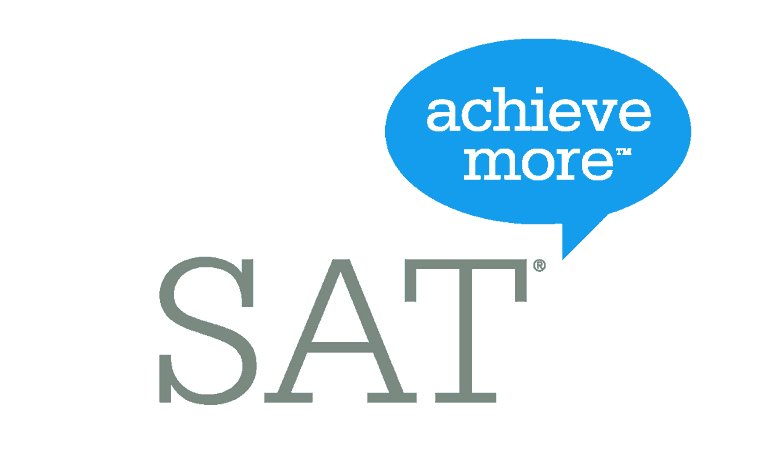
How will the new SAT format affect your preparation?
The College Board (the company behind the SAT) has been very explicit in sharing that one of the intents of the new design will be to create “productive preparation,” that “rewards real high school work.” Work done in high school is meant to be much more closely related to the test. However, preparation is still encouraged, as they have partnered with Khan Academy, a free online educational website that will make material and instruction available to all those with internet access. Preparation is still important, but hopefully more relevant.
Here’s how studying for the SAT might change for those planning to write the test in 2016:
Ditch the cue cards, but read more:
The test has proposed to remove “SAT words” that aren’t applicable in everyday life. The updated SAT vocabulary is meant to have nuanced meanings that differ based on context. Read, read, read, and expose yourself to challenging texts from many different subject areas to expand your vocabulary and understand words in a deeper, more meaningful way. We all know cue-card definitions are forgotten shortly after the test anyway!
Focus your math preparation:
Math will be focused more on three specific areas, including problem solving and data analysis, topics at “the heart of algebra,” and other topics closely related to advanced math such as calculus.
Work on that mental math:
If you rely solely on a calculator for every calculation, you will need to make sure skills related to math fluency are still intact. Math fluency and number sense will be tested.
Learn about founding documents:
There will be one founding document or related text on each SAT test that relates to issues such as “freedom, justice, or human dignity.” Students taking the test in countries outside of the U.S. will need to prepare. Unless you took American History throughout high school, this is the one section of the test that will not reflect your “real high school work.”
Practise critiquing others’ writing and arguments:
The essay will no longer be supported by evidence that graders cannot reference. The essay will be analytical in nature, requiring analysis of an author’s opinion and development of an argument, as well as providing your own evidence to justify your explanation.
Practise justifying your choice:
Elimination of answer choices as a technique may not be as helpful. Many questions will require you to select evidence that supports your opinion, so when formulating opinions about passages you have read, practise justifying your thoughts with specific references to lines in the text.
While some critics refer to this overhaul of the SAT as an attempt to regain test-takers from the increasingly popular ACT, the College Board’s stated motives behind the changes are laudable. Aligning content more closely with the demands of high school and college, students can prepare in meaningful ways that will help them increase skills and knowledge applicable in their current studies and future academic endeavors. It will be interesting to see in the coming years if these changes are proven to predict first year academic success, as they suggest.
In the meantime, crack open a book!
Want to know more about the SAT and how to prepare for it? RRLS offers SAT prep classes in Toronto, in group or one-on-one settings.
